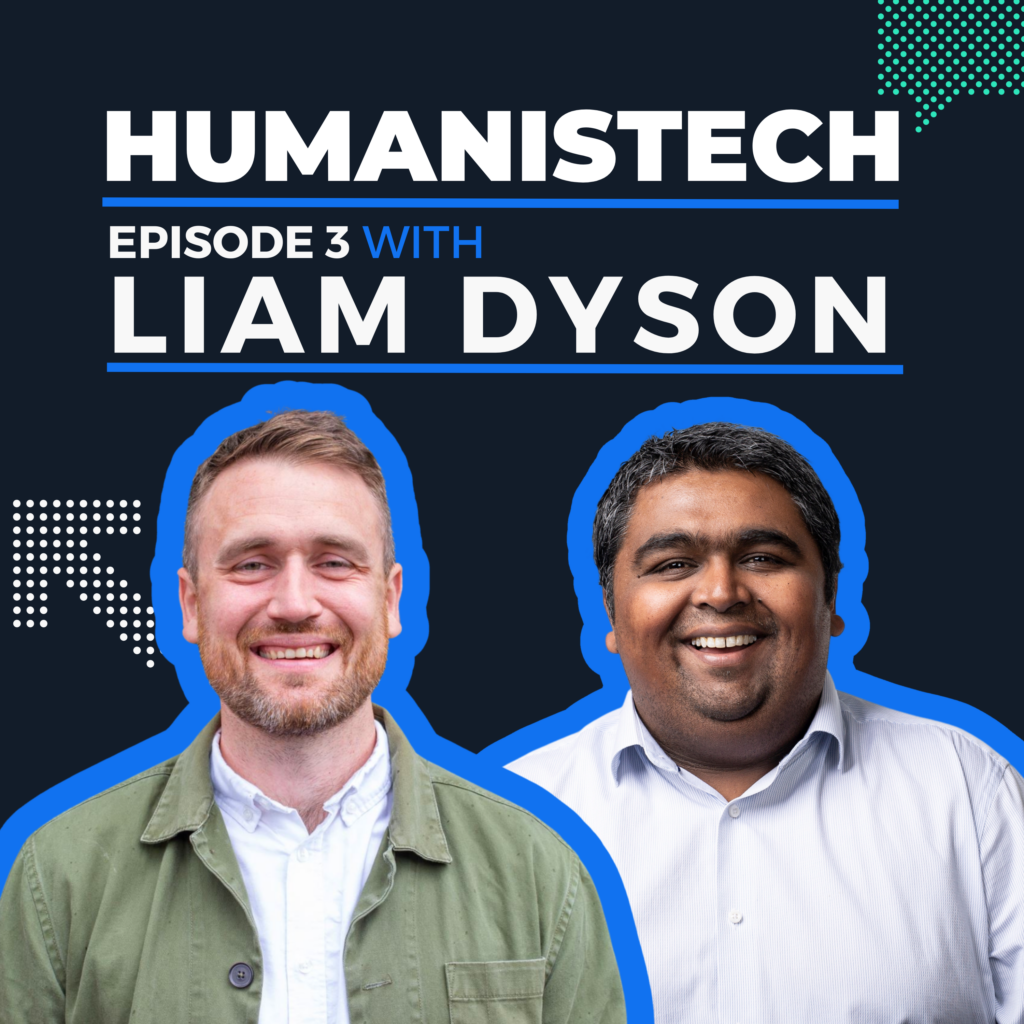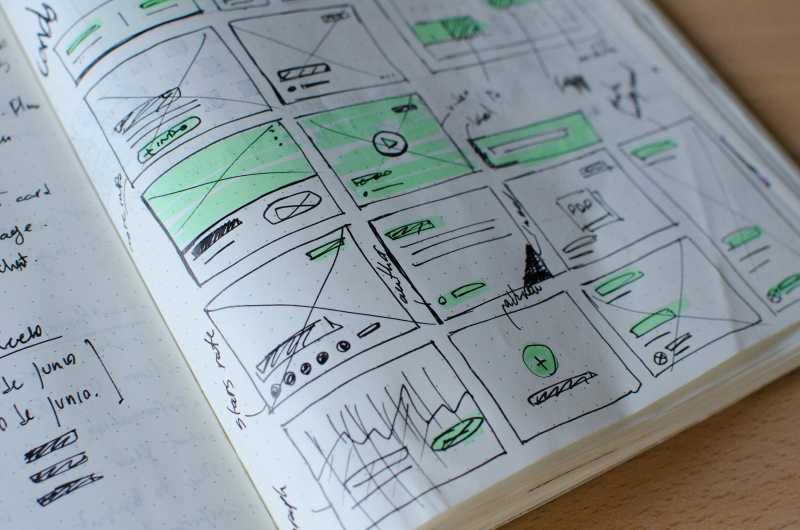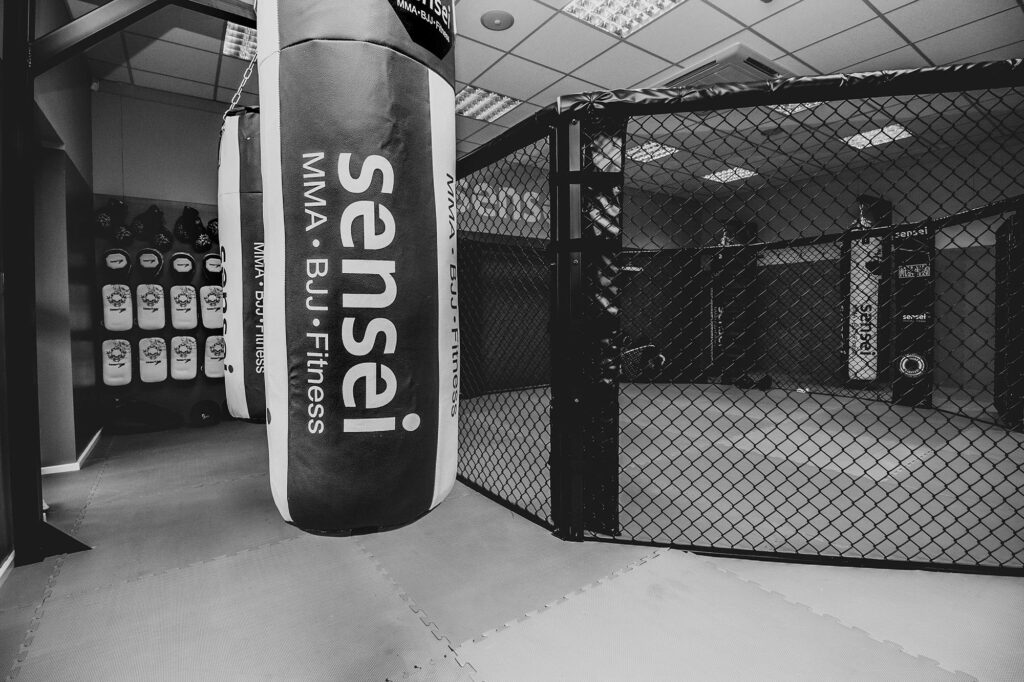To be truly user-centric when designing digital products you have to put yourself in your user’s shoes. It sounds obvious‚ but many still view user research as merely an optional part of the development process. Laura McKay of hedgehog lab’s user experience research (UXR) explains why this isn’t the case.
At hedgehog lab‚ we’re always championing the importance of user research when developing new digital products.
You can have all the design expertise in the world‚ but the only product experts that matter are the users who will be using your app so it’s crucial to find out exactly what they’re thinking.
However all too often‚ deep and focused user research is viewed as merely a ‘nice to have’ rather than an integral part of the product development process.
It’s for this reason that we have our own dedicated user experience research (UXR) team at hedgehog lab‚ so that all our clients have the opportunity to benefit from deep user research.
If you’re still doubtful about the benefits user research can deliver‚ here are our four reasons why we think user research is integral to designing and developing digital products people love to use.
User research can actually save you time
User research for digital products‚ as a discipline‚ is over a decade old but it can still sometimes be a challenge convincing clients of its importance.
For some‚ it would be a stretch to even say that their opinion of user research gets anywhere near even ‘nice to have’.
We often get clients who come to us wanting a digital product designed‚ built and released as quickly as possible. In these instances‚ user research is viewed as an unnecessary hurdle or distraction that adds more time on to the product roadmap.
![[object Object] [object Object]](http://images.ctfassets.net/o6514hijae09/wB7ZQjOYlsO88pgaKAC1t/24e1655cf05674331dd578e81ae6cd43/laura.jpg)
As user researchers‚ it’s our job to fly the flag for user research and to emphasise its necessity as early as possible in the product development process. And while it can seem like this is adding further time onto the length of a project it can actually save a significant amount of time in your product roadmap.
For example‚ when carrying out research for a client in the property industry we utilised user data to postulate an entirely novel approach to user acquisition and retention for their brand new platform. The client hadn’t considered the approach before and it was eventually implemented in the final product.
Thanks to user research we were able to develop the idea before anything had been built and incorporate it into the project from the very beginning. Had we not front-loaded the research at the beginning of the project‚ it’s likely the platform would’ve been built with the old user acquisition strategy in mind.
Not only would this have hampered the initial momentum of the platform it might have necessitated more development work later down the line at a significant cost to the client.
It gives you the tools to challenge assumptions
We are all guilty of making assumptions from time to time‚ but they have the capacity to significantly derail a project if they’re faulty or we fail to recognise them.
Often‚ assumptions are based on out-of-date thinking or closed mindsets that make us repeat the same mistakes over and over.
Innovation is all about challenging assumptions and effective user research can help you to do just that. Think of it as the difference between designing a fancy new door handle or re-designing the concept of a door and doing away with the door handle altogether.
![[object Object] [object Object]](http://images.ctfassets.net/o6514hijae09/4BRfl5vFUkpF6oRTv9Elea/925e292a343283bb1bf27e7ec2093598/jose-alejandro-cuffia-792587-unsplash.jpg)
Many companies think they know their customers intimately despite the fact that they have never carried out any user research themselves. It’s a common scenario and one that can lead to deeply ingrained assumptions within a business that can be hard to shift.
Thankfully‚ there are a number of techniques that we can utilise as part of the user research process that help to actively mitigate against assumptions‚ including simply listing prevailing assumptions and challenging them with hypotheses.
For many clients‚ this process can be extremely enlightening. Like the jump from a black and white analogue TV to 4K HD‚ it enables them to see problems in an entirely new way and in gloriously crisp technicolour. Sparking inspiration and new ways of working in the process.
It can also help to validate your ideas
Just as important as challenging your assumptions is validating them as well. Sometimes your thinking can be sound but you don’t have the data to prove it. User research can give you that data.
While it would be easy to make grand claims about the ability of user research to provide earth-shattering insight and mind-twisting revelations for clients‚ it is also just as effective at providing a means to validate what they are thinking.
![[object Object] [object Object]](http://images.ctfassets.net/o6514hijae09/3uEtA1gFx0vhanIoYDldk4/1906021b708d9c0db3bd43d43d0da10c/freestocks-org-570357-unsplash.jpg)
If you’re looking to develop a new internal app for your business teams but your company has never done anything like that before it might be difficult to get buy-in from other stakeholders in the business. You might intuitively know that your app is necessary or that your users would be able to work more effectively with it but lack the means to prove it.
By utilising user research you can collate all the data you need to share with internal stakeholders and validate your ideas. It still doesn’t guarantee success of course‚ but it gives you the confidence to know your app is being built on solid principles and provides the greatest groundwork for success.
Even small samples can give you untold insight
In an ideal world‚ your user research process would have a carefully selected‚ representative sample of participants who perfectly reflect the make-up of your target user base. But‚ of course‚ software and product development rarely happens in an ideal world.
It’s inevitable that sacrifices will have to be made somewhere especially when you’re short of time. In particular‚ it can be difficult to source test and interview participants‚ and it can be even harder to ensure that your user testing pool is representative of your end users.
But that shouldn’t put you off. The old UX adage goes that a little bit of user research is better than no user research at all. And while you will often have to sacrifice the size of your sample this doesn’t necessarily make your findings irrelevant.
Small groups or even individual users can still provide insightful qualitative feedback and you shouldn’t be afraid to take their ideas into account—they’re still potential users at the end of the day.
![]()
Every app that you use on a daily basis will have undergone intensive and continuous user testing to validate design decisions and hone its features so that it continues to remain relevant for users. Without it‚ the apps we use would likely be clunky and unwieldy pieces of software that are an aggravation to use.
Google‚ Uber and Deliveroo (amongst many‚ many others) are all chief proponents of user experience research too‚ so if it’s good enough for them it’s surely good enough for your next digital product too!





